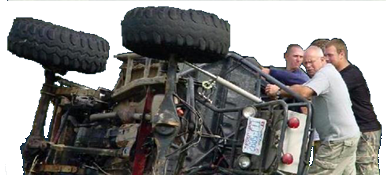BigClay
Knower of useless ZJ things
- Joined
- Sep 24, 2008
- Location
- Winston-Salem
I curious if I am running enough air pressure in my trailer tires. The tires are bias ST225/75D15. The trailer is tandum axle, 18ft long with a 7k pound rating. Max pressure on the tire says 65, so I am wondering if youi guys run max pressure in it all the time.


 Probably wouldn't be a bad idea in all honesty.
Probably wouldn't be a bad idea in all honesty.